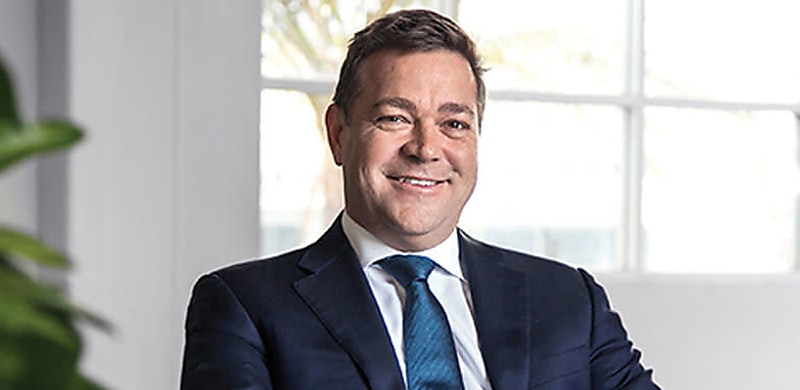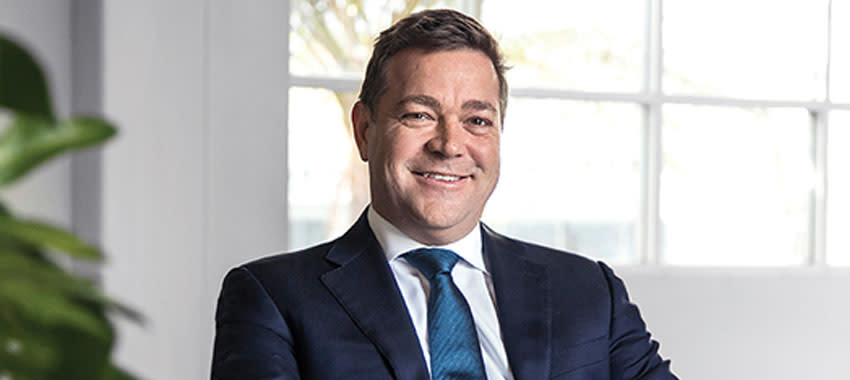
Clawback rates have more than doubled recently, amid a refinancing boom, the executive chairman of LMG has revealed.
More than 10 per cent of a broker’s upfront revenue is currently being clawed back by lenders – more than double the long-term average – according to Sam White, executive chairman of aggregation group LMG.
Speaking to The Adviser’s In Focus podcast this week, Mr White highlighted that brokers have been seeing a much larger proportion of their upfront revenue being clawed back, as record levels of refinancing take place and borrowers move to take advantage of cashback offers and other incentives being offered directly by the lenders.
The LMG executive chairman empathised with brokers who had been working tirelessly only to see their hard-earned cash flow dwindle due to clawbacks and acknowledged the frustration brokers face with clawbacks as a greater proportion of their commissions are being unexpectedly reclaimed by lenders.
Indeed, Mr White revealed that the brokers had historically seen approximately 5 per cent of their upfront revenue being clawed back, but that this had “jumped” to 11 per cent in the past year, as customers looked to pocket thousands of dollars being offered by lenders with cashbacks.
“With the cashback, that jumped to 11 per cent … that was driven not by brokers, but by customers,” Mr White told The Adviser.
“At 11 per cent that really is unsustainable. It’s a big number and it’s a real impost on brokers.”
With many lenders having now pulled their cashback offers from market, Mr White said he believed this percentage would “come back down” as these incentives are phased out.
Clawback should be tweaked, not scrapped
While welcoming that several lenders have been revising their clawback policies in recent weeks, Mr White cautioned brokers against pushing for wholesale clawback reform given potential unintended consequences that could negatively impact the industry’s remuneration and sustainability.
He emphasised that while many in the industry are calling for the complete removal of clawbacks, such a move could lead to a significant reduction in the base rate of broker remuneration.
“I think brokers seem to assume that getting rid of clawback will mean everything else stays the same. I have no confidence in that position,” he told The Adviser’s In Focus podcast.
While Mr White acknowledged that he may appear as a “bank apologist”, he explained: “The problem is, if we do [scrap it completely], then I think it introduces a real problem with the level of remuneration we get … I’ve got no doubt that if we got rid of clawback, we would have a lower base rate of remuneration.”
He added that such a move could also lead to lenders accrediting brokers for shorter durations due to potential losses incurred from frequent refinancing, introducing further complexities to the industry.
The LMG executive chairman continued: “I do think we need to keep clawback, because if we don’t we will have a fundamental problem with the remuneration level; I think it will be a lot worse than a 5 per cent reduction [the long-term average level of clawback] ... so, I think net, we’re better off having it.”
However, he added that he believed the current way clawback is calculated was “unfair” and in need of reform.
“To have 100 per cent [clawback in the first year] and then 50 per cent [after that] is, in my view, not right ... Particularly when you combine it with the net of offset changes that happened,” Mr White said.
Instead, Mr White said LMG was lobbying for “straight-run amortisation of the clawback” as he believed it was “a fairer model”.
“The principle is: if the bank doesn’t make money neither should the broker. I get that … Yes, if the deal doesn’t stay with the lender for that long, the broker shouldn’t get paid as much but as the loan stays there for longer, the broker’s clawback should be less and less,” Mr White concluded.
“There are ways that we should be applying that more fairer and more consistently, and that’s why we are lobbying for reform.”
You can find out more about Mr White’s thoughts on clawback, payroll tax, and the new LMG aggregation group in The Adviser’s In Focus podcast.
Listen to the full podcast episode, In Focus: The payroll tax issue, on The Adviser Podcast Network, here:
[Related: Second major bank changes clawback policy]

